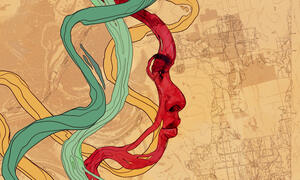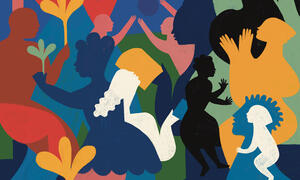publication
Cooperative and Collaborative Learning
Effective collaborative learning requires planning to avoid existing racial, gender, socio-economic, linguistic, academic or other divisions within the classroom.
May 23, 2023

